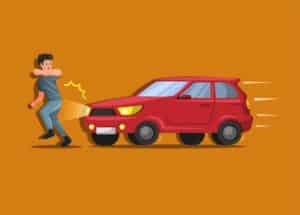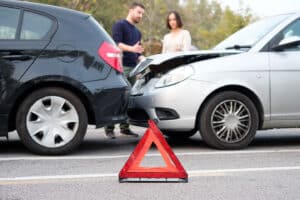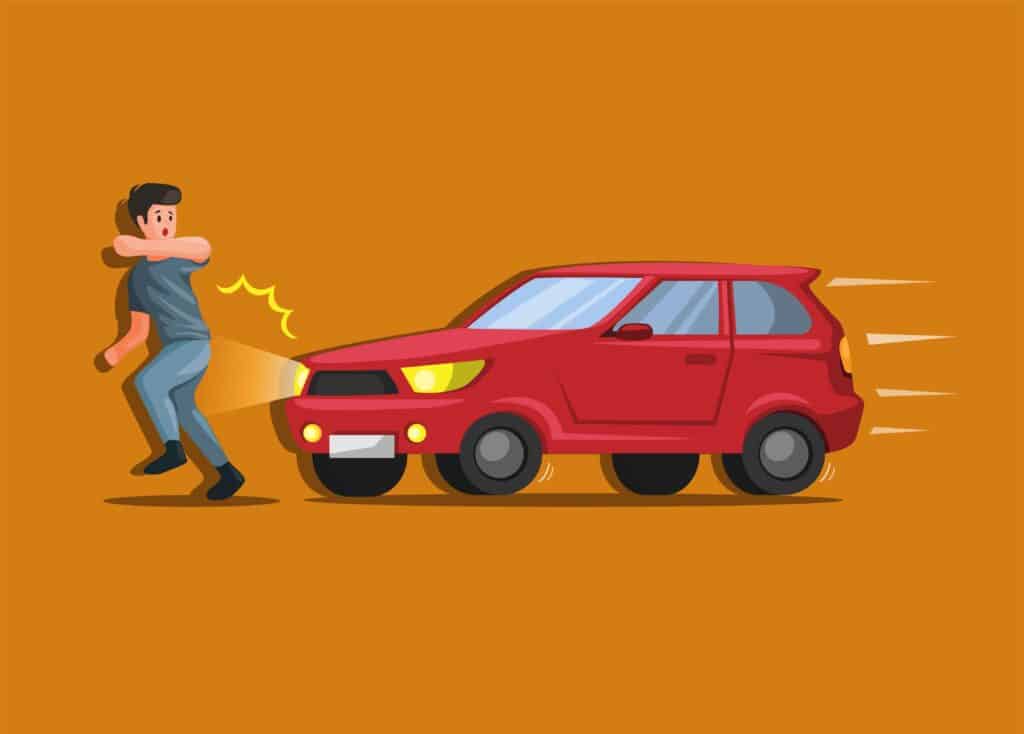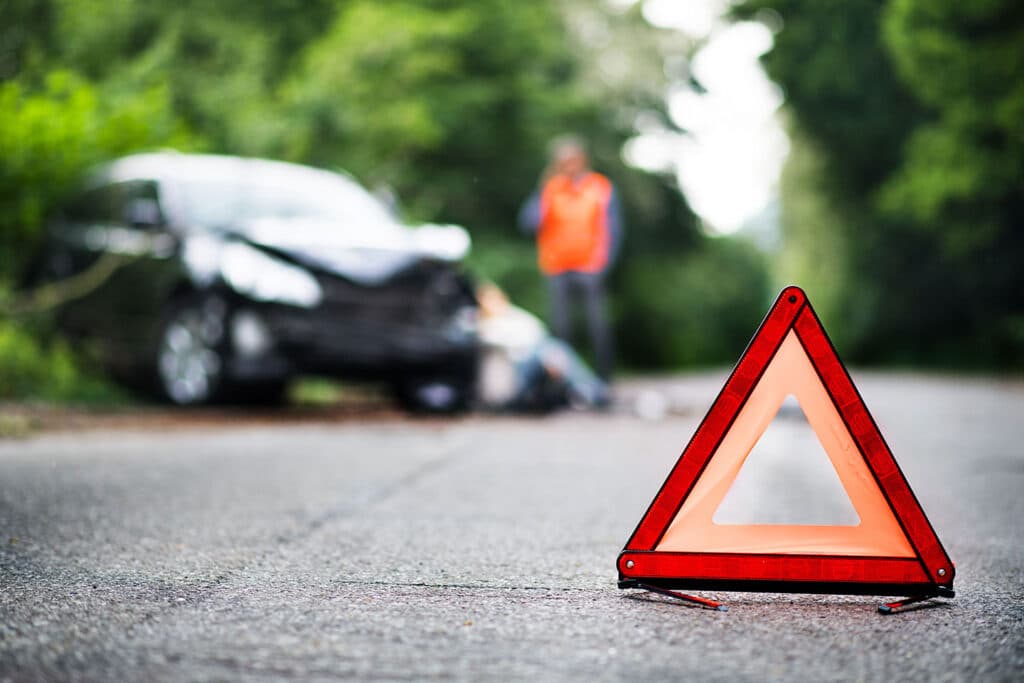
Move Over Laws Aim to Protect But Most Drivers Don’t Know the Rules
Nationwide, move over laws have been passed to provide protection to people who frequently work around traffic. Fire personnel, ambulance drivers, police, and other emergency service workers are protected by move over laws. In every state except for New Mexico and Louisiana, move over laws also provide protection to tow truck operators.
Move over laws require drivers who are on the road to either change their lane or to slow down to a safe pace (usually around 20 miles below the speed limit) when going past a law enforcement officer, EMS worker, or tow truck operator on the roadside. Drivers should change lanes whenever it is possible to do so; however, motorists should not try to force their way over if there is a line of traffic as this can cause collisions a motorist will become responsible for. Drivers can be cited for failure to follow move over laws, and 44 laws have been passed nationwide since 2010 strengthening move over laws to provide broader protection for people working on roadsides. Oregon was actually ahead of the game, as KATU reports it strengthened its move over law in 2009.
Most motorists are unaware of these move over laws or do not fully understand what they are expected to do. One survey revealed 71 percent of Americans had never heard of move over laws. An advocate for the Governors’ Highway Safety Group believes more visibility of enforcement is necessary and more public education about move over laws is essential to alert the public to their obligations when vehicles are on the roadside.
The consequences of failure to follow move over laws can be grave. Pew Charitable Trusts reports there are 10 to 12 annual deaths of law enforcement officers at roadside traffic stops and an additional eight to 10 annual deaths of fire or EMS workers on roadsides. As many as 50 tow truck drivers may die each year when hooking vehicles up, changing tires, or doing other repair work on roadsides for motorists. There have been 14 reported deaths of tow truck drivers since July 2014 as a result of drivers not moving over when passing the tow truck operator on the roadside.
Move over laws do not specifically mandate motorists move over when people are with their broken-down car on the roadside, or when good Samaritans have stopped to provide assistance to motorists who have broken down. Drivers should still move over or slow down whenever they see this type of obstacle so they can avoid causing a collision that could result in injuries or fatalities and that the motorist could become liable for.
This entry was posted on Friday, July 24th, 2015 at 7:22 pm and is filed under Car Accidents. You can follow any responses to this entry through the RSS 2.0 feed. You can leave a response, or trackback from your own site.









